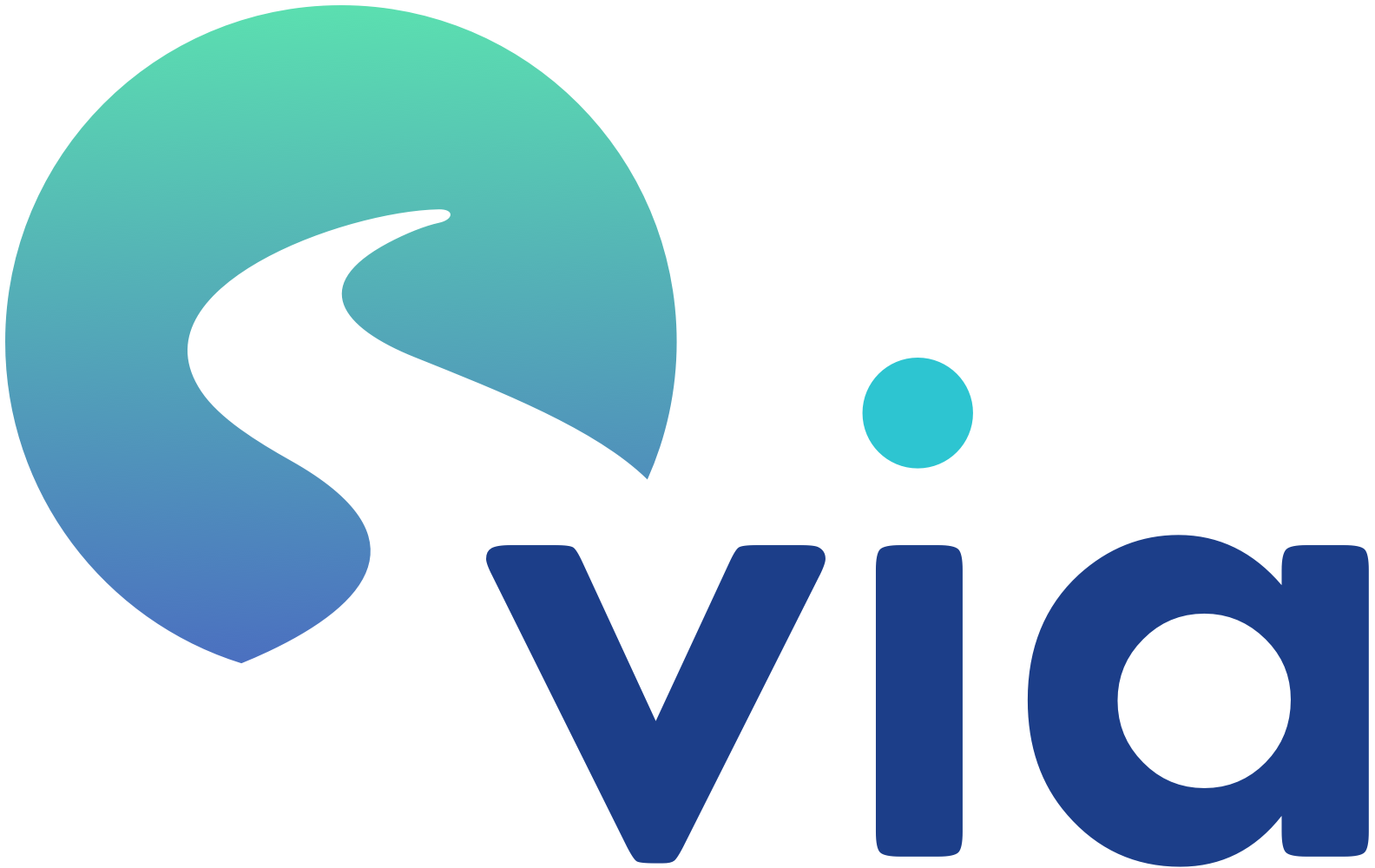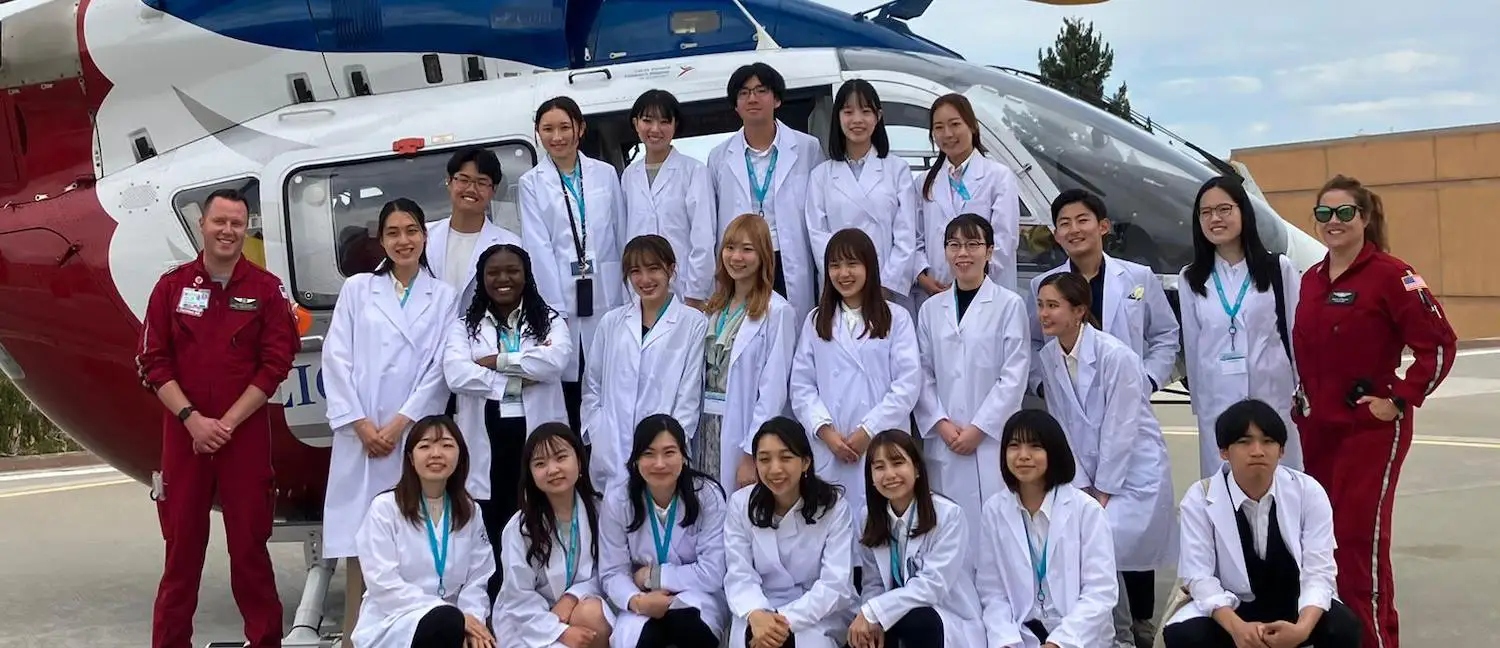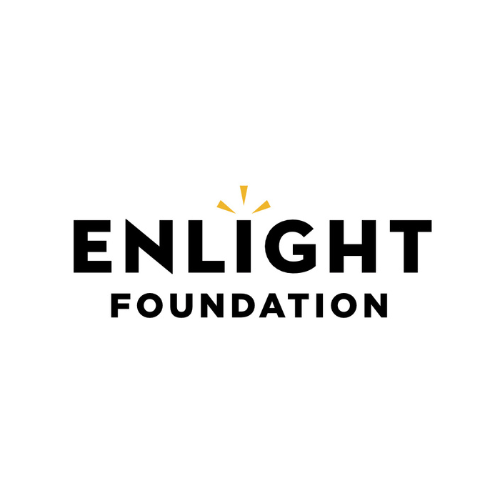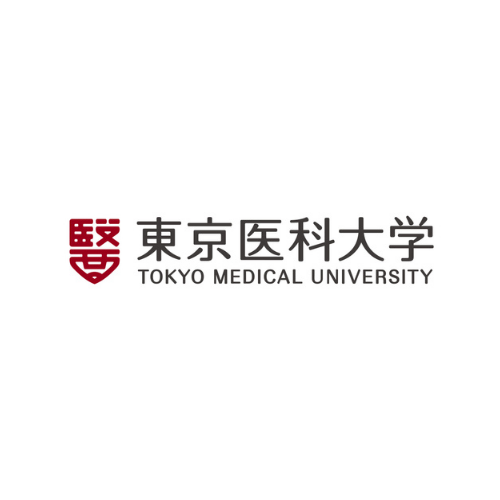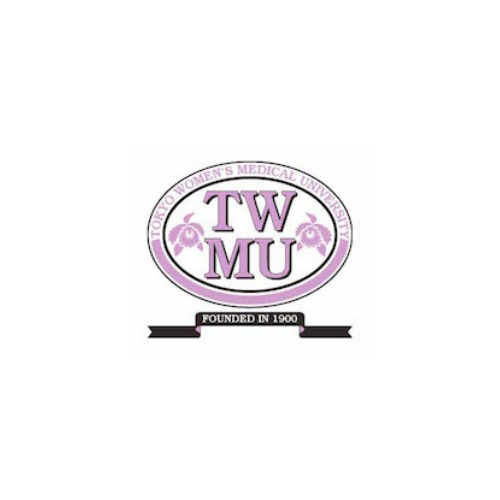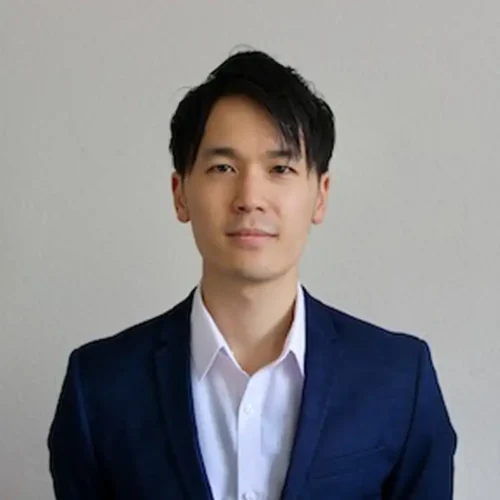Exploring Health Care
Exploring Health Care
Overview
The Exploring Health Care (EHC) program brings together 15-20 students from medical universities around the world to explore a wide variety of health care topics, from organ transplantation and palliative care to public health and medical education. The health care system will be used as a lens to examine social and cultural challenges more broadly. As participants reflect on their own career goals as future health care professionals, they will receive mentorship from peers and health care experts in the US from diverse backgrounds.
By participating in this experiential learning program, you will have the opportunity to:
- Experience the diverse and innovative culture of Silicon Valley
- Participate in clinical English workshops with university faculty
- Gain insights and mentorship from professionals representing diverse perspectives and disciplines
- Critically examine different health care systems
- Broaden your awareness of global, national and local health care issues, and unique challenges faced by patients from diverse backgrounds
- Develop innovative problem-solving skills to create viable and tangible solutions
- Reflect on your personal and professional goals, and expand your network
About VIA’s Health Care Programs
Since launching in 1996 in collaboration with Tokyo Women’s Medical and Tokyo Medical Universities, VIA’s health care programs have brought over 750 university students from around the world studying in various health care fields to Silicon Valley to explore issues related to culture, society, diversity, and innovation in the context of health care.
Online Info Session: June 21 (Sat) 9 AM JST | 8 AM CST
Applicants, accepted participants, faculty, and administrators are welcome to join this information session to learn about the program content and logistics, meet staff, and ask questions.
Program Costs
- VIA Program Participation Fee: $4,100 USD
- Additional estimated costs (not included in fee): $2,850+ USD
- Total estimated cost to participate: $6,950+ USD
Please review our Payment and Participation Policies
What’s included:
- Accommodations (11 nights)
- Local transportation to/from the airport and around the San Francisco Bay Area for program activities
- Most scheduled activities
- Welcome lunch & farewell dinner
- 24-hour on-site staff support
- International airfare (approx. $1,800 USD)
- Passport application / renewal, if applicable, and visa or ESTA application fees (approx. $250 USD)
- Travel medical insurance (approx. $100 USD)
- Most meals (approx. $400 USD)
- Optional activities (approx. $200 USD)
- Personal shopping expenses ($100+ USD)
- Personal health care expenses, if needed
Application Timeline
There are multiple application deadlines for university students and professionals from all regions. Some universities also have a separate timeline, which will be listed below. This is to accommodate differences in everyone’s schedules and allow our staff time to review applications.
Who should apply by the Priority Deadline?
Applicants who will require a visitor visa (B-1/B-2) to enter the US are HIGHLY ENCOURAGED to apply by this deadline.
Application Deadline
US Dates
-
- Application Deadline: June 29, 2025
- Interviews: July 1-3
- Results: July 4
- Participation Confirmation: July 11
Program Timeline
This is a sample schedule. Although the schedule has not been finalized, we expect to have visits and/or guest speakers from many of the same organizations from past years, including Stanford University, UCSF, UC Berkeley, and others.
Pre-Program Orientation
- July 4 (US Time) / July 5 (Asia Time) – The online orientation provides an overview of the course and review of pre-departure preparation tasks (this session will be recorded).
Day 1: Arrival & Orientation
- EHC Participants will land at San Francisco International Airport and will be transferred to a local classroom or conference space for their Welcome Lunch and Arrival Orientation.
- Get to know the other participants with icebreakers, and prepare for your program with a schedule overview and lesson on setting intentions.
Day 2: Self Introductions and Program Planning
- Participants will introduce themselves, their field of study, and their goals during the VIA program with a (5) minute presentation.
- Discuss with your Global Health Fellows and fellow participants in small groups, to share what key questions you want to ask during the upcoming site visits, guest speaker sessions, and panel talks.
Day 3: Palliative & Hospice Care
- Meet with local healthcare professionals who specialize in palliative and hospice care in the Bay Area. Afterwards, tour their facilities to understand about the patients’ treatments and services, and learn about the social worker’s line of work.
- Engage in VIA’s in-house workshop on “US Health Care Disparities” to learn about social issues and the health insurance system.
Day 4: Medical Education and Research
- Take a tour at Stanford University, and join our Innovator Mindset Activity to understand Silicon Valley’s entrepreneurial culture. Learn from healthcare professionals on campus, and complete your day with a networking opportunity with local healthcare and STEM students.
Day 5: Clinical English
- Meet with medical staff at Stanford Medical hospital, such as the Stanford Life Flight team to learn about the line of work as helicopter nurses, and Stanford surgeons who specialize in organ transplantation surgery.
- Engage with our Faculty Advisor in Clinical English sessions to gain the skill and confidence as a globally competent healthcare professional.
Day 6: Burnout and Work-Life Balance in Healthcare
- Engage with life coaches and health care professionals to gain new perspectives on attaining “work life balance” as a future doctor, and preventing burnout in the workplace.
Day 7: Sustainable Development Goals
- Meet with experts of the United Nations’ Sustainable Development Goals to understand the intersection of social, economic, and environmental issues and solutions.
- Using the SDGs, join group discussions on how systemic issues exist and overlap within the healthcare field.
Day 8: San Francisco Exploration Day
- Dive into San Francisco’s history by exploring the city’s landmarks including the Golden Gate Bridge, Pier 39, Fisherman’s Wharf, and Ghirardelli Square. Enjoy this day with sightseeing, souvenir shopping, and try the local food.
- Visit UC Berkeley’s campus, and learn about the top public university in the United States, including the Goldman School of Public Policy.
Day 9: Health Tech & Organ Transplantation
- Network with professionals working in health tech and learn how Silicon Valley fosters an innovative culture for entrepreneurs and medical researchers.
- Discuss with team members at local organ procurement and tissue recovery organizations (OPO), such as Donor Network West to learn about organ donation culture, while listening to stories from organ donors and recipients.
Day 10: Systems Thinking for Health Care
- Join VIA’s in-house “Systems Thinking for Healthcare” workshop to learn how we can examine the healthcare field’s interconnected parts, and how components influence each other resulting in solutions or issues at the local, national and global level.
- Discuss with your fellow participants how to reshape the healthcare system, and reflect how you can bring this new awareness to your communities back home.
Day 11: Reflection & Synthesis
- Practice your storytelling skills by sharing about what healthcare issues you will challenge in your own communities, and what goals you are setting for yourself as a healthcare professional.
- Reflect on your program experience with your fellow participants, celebrate completing your VIA program at the Final Banquet, and learn how you can stay connected with VIA and your new network.
Day 12: Departures
- Continue your VIA journey as our newest alum, while making a positive impact in your own communities as a globally competent healthcare professional.
Eligibility Requirements
Who should apply: University students 18 years or older studying in a health-related field (pre-med, pharmacy, nursing, public health, etc). Typically, participants have been students from universities in mainland China, Taiwan, and Japan, but participation is not restricted to specific universities or regions. All nationalities are welcome to apply.
In order to be eligible to participate in this program, you must:
- Be at least 18 years of age at the beginning of the program.
- Be eligible to receive travel authorization to enter and remain in the United States for the duration of the program.
- Be able to provide proof of vaccination and/or health status required for entry to the US or re-entry to your home country that is in effect during your dates of travel. It is your responsibility to confirm which health-related regulations may apply to you.
- Be willing to undergo diagnostic tests if experiencing symptoms of a communicable illness considered serious by public health officials or if required for site visits by the host institution. A positive test or inability to meet requirements for a site visit may limit your ability to participate in program activities and/or may necessitate self-isolation during the program.
- Disclose any life-threatening or significant allergies, dietary restrictions, medical conditions or illnesses, and physical limitations as they relate to the program and listed activities.
- Obtain overseas travel medical insurance and provide proof of insurance coverage to VIA prior to arriving in the United States.
- Be committed to attending all activities, both before and during the program, and participating fully.
Application Content
To see if this program is a good match, we want to get to know you, your interests, experiences, and motivation for joining the program. Please share about yourself (in English) in the following sections:
- Personal & Contact Information – Share some basic information about yourself and your preferred contact details
- Academic & Professional Information – Share about your academic and professional experience
- Deeper Questions – Share your story and show your personality by answering the following short essay questions (up to 250 words each):
- Why do you want to participate in the program? What do you hope to learn or achieve? What do you hope to contribute?
- Describe 1-2 health care topics or issues you are interested in, and why they interest you. Possible topics include, but are not limited to: organ transplantation, free clinics for underserved communities, geriatrics, the healthcare system (including insurance), the medical education system, etc.
- Why did you choose to become a health care professional? How do you hope this program will impact your studies and career?
- Help us get to know you better by writing 1-2 paragraphs about your hobbies, your character, and your plans after graduation.
- Interview – The final step will be a 20-minute interview on Zoom with the Program Director. If your application is selected, the program director will follow up with you to confirm the interview time.
Funding Opportunities
If you are considering this program but are concerned about the cost, we encourage you to research funding for international programs available through your university, government scholarships, international scholarship and grant-making organizations, and personal fundraising.
Financial Need-based Discounts
VIA strives to make our programs accessible to participants regardless of financial circumstances. We may be able to offer financial need-based discounts on a case-by-case basis, depending on funding availability. If your application is selected for the interview round, please discuss your financial situation with the Program Director during your interview. Please know that we will not require any financial disclosure statements. We trust that you are reporting your financial circumstances honestly.
General
What makes the VIA experience unique?
VIA has over 60 years of experience connecting Asia and the US, and has facilitated programs for students from Asia in Silicon Valley since 1977. Our participants are able to stay connected to an international community of peers throughout their careers. VIA’s extensive alumni network allows past and present participants to strengthen their personal and professional development. VIA also provides opportunities to contribute to meaningful impact with local organizations that serve a diverse range of communities and needs.
How did VIA’s medical programs start, and what programs are offered now?
VIA’s first program for medical students, Exploring Health Care (EHC) was first launched in partnership with Tokyo Medical University (TMU) and Tokyo Women’ Medical University (TWMU) in 1996 as a two-week program for students to join during the break between Japanese academic years in mid-March. It quickly grew to include students from other medical universities in Japan.
From 2013-2018, VIA offered the Medical Exchange & Discovery (MED) Program, a three-week program based at Stanford University. The timing of the MED program made it possible for students from mainland China, Taiwan, and other regions to participate during the academic summer break. Starting in 2019, VIA decided to replace MED with EHC, moving the program up to San Francisco, with visits to the Stanford campus and other Silicon Valley locations.
In 2024, VIA replaced the spring EHC program with Discovering Culture & Health Care (DCH), to provide a shorter spring program tailored to 1st and 2nd year medical students who are interested in an introduction to health care and social issues from diverse perspectives.
What is a typical program like?
Each day will be unique and filled with a variety of activities to help you broaden your horizons, sharpen your skills, build strong relationships and deepen your understanding of culturally competent medicine. The program will typically offer activities during the day, including shadowing, medical organization visits, guest speakers, and discussions. Evenings include time for reflection activities, movie screenings, cultural and social events as well as personal time. The program is fast-paced and intensive. Please come rested, full of energy and ready to learn!
Why study comparative health care in Silicon Valley and the San Francisco Bay Area?
Silicon Valley and San Francisco rank among the world’s strongest centers for innovation, and are home to premier institutions of biomedical research such as the Stanford University School of Medicine, UCSF Medical Center, and the UCSF Benioff Children’s Hospital. The San Francisco Bay Area is also home to numerous healthcare startups and nonprofit organizations working to solve many of society’s most pressing medical challenges. The region is culturally and socioeconomically diverse, and provides a unique opportunity for you to deepen your understanding of what it takes to become a culturally competent health care professional.
Application Process
I’m not a native English speaker. How good should my English be?
VIA does not have minimum English test score requirements (e.g., TOEIC, TOEFL, IELTS, etc), but all programs are conducted in English. You should have at least intermediate English listening, speaking and writing skills. However, our priority is your passion and motivation rather than your English ability. By challenging yourself to use English during our programs, such as asking more questions or sharing your feelings with others, your communication skills will improve and be refined.
How long will it take to complete my application?
It depends. The personal information section should only take 5-10 minutes to fill out. The second part of the application asks you to write several short answers (in English) about yourself and your motivations for joining. The short answer section should be no more than 250 words each and it will help us get to know you better. Depending on your English level and writing ability, it may take 1-2 hours.
The application is designed to help us get to know you better, but is also intended for you to reflect on what is really important to you and what you want to get most out of this experience. We encourage you to spend some extra time to think deeply about your answers. The application questions are posted to each program homepage, so you can review them and prepare your responses in advance before you fill out the application form.
What information do I need to complete my application?
For the first part of the application, you will need to provide personal information (name, nationality, year in school) and contact information (email, phone number, etc). For the essay questions you will be asked to provide information about yourself and why you are interested in joining the program. The final step will be an online interview with the Program Director. If your application is selected, the Program Director will follow up with you to confirm the interview time.
How should I prepare for the interview?
- Review the answers to your essay questions and be prepared to speak about them in more depth.
- Double-check your interview time and plan to be ready a few minutes early in a quiet place where you will be free from distraction.
- Test your internet connection, run any updates on your device and apps, and make sure your microphone, headphones, and camera are working properly. Of course, we realize there are technical difficulties sometimes, so we will work with you to make sure these are resolved.
- Finally, do not worry about making mistakes in English. It is more important to get your message across and we are not going to deny you acceptance because of minor grammatical errors.
When will I know if I’m accepted?
We will send out results approximately one week after your interview.
What happens after I’m accepted?
You will receive information about the next steps – how to apply for travel authorization, arrange flights, etc. You will also be invited to join an online group with other participants, so that you can get to know each other better. In addition, you will receive some materials to help you prepare for the program.
Participation Expectations
What do I need to bring with me?
We recommend that you pack one small suitcase and one small bag only. You should be able to carry your own luggage around one city block and up and down stairs. California is often shown as a warm, sunny place with beaches and palm trees. San Francisco, however, is usually cool, often cloudy and windy – even in summertime. It’s important to bring cold-weather clothing, like sweatshirts, jackets and umbrellas. We will also be walking around the city a lot, so comfortable shoes are important.
Other important things to bring are: a cell phone, laptop or tablet, prescription medication, copies of your travel and insurance documents, adapters to charge your electronic devices, and a set of formal clothes. Once you are accepted you will receive a detailed packing list to aid you as you prepare for your travels.
Should I be worried about safety in California?
Safety is always a concern for VIA. Program staff make participants’ safety and well-being their highest priority at all times. VIA will arrange or plan transportation routes and accompany participants to all organization visits. VIA staff also stay at the same hotel as participants for the duration of the program and are available 24/7 in case of emergencies.
Violent crime is not common or prevalent in the San Francisco Bay Area, and university campuses are usually very safe. However, as is true for most major cities, you should take a common-sense approach to safety as you would anywhere else. Tourists may be targets for scams and theft, so it’s important to take precautions with your bags and valuables. Additionally, it is best to walk in pairs or groups and pay attention to your surroundings.
VIA staff will review safety and emergency response procedures during the program orientation.
What kind of visa will I need? Does VIA issue visa invitation letters?
If you hold a passport from mainland China (PRC), Macau, Hong Kong, Myanmar, Thailand, Vietnam, Indonesia, or any other region that is NOT part of the Visa Waiver Program (VWP) you are required to have a valid visa to enter the US. You will need to apply for a B1 or B2 nonimmigrant visitor visa, unless you already have a visa* that will be valid during your dates of travel and permits multiple entries. VIA will provide a visa invitation letter addressed to the US embassy or consulate where you plan to apply.
*If you hold a passport from the People’s Republic of China (PRC) with a valid 10-year B1, B2, or B1/B2 visa, you can’t reapply for a visa, but you will need to enroll in EVUS (Electronic Visa Update System).
If you hold a passport from Japan, Taiwan (ROC), South Korea, or any other region included in theVisa Waiver Program (VWP) you do not need a visa. Instead, you must complete an application with the US Customs and Border Protection’s Electronic System for Travel Authorization (ESTA) to receive travel authorization.
Do I need travel medical insurance?
You are required to have valid medical insurance coverage during the program. Insurance plans are not very expensive, but healthcare in the US is VERY expensive. If you are sick or injured without health insurance, you may have to pay thousands of dollars in medical costs. Don’t take the risk.
If you are traveling from outside the US, you will need to purchase travel medical insurance before departing from your home country. Most insurance providers will not let you purchase insurance after you depart your home country. Some credit card companies offer travel insurance plans. If you are a current university student, you can also talk to your university’s international programs office to see if there are plans available through the university.
If you are a US citizen or resident, you will need to provide proof of insurance coverage valid for the program dates.
What will happen if there is a problem or emergency during the program?
For minor emergencies (small injuries, illness, etc.), program staff will take care of the participants’ immediate needs and accompany them to the hospital if a hospital visit is necessary. For major emergencies (serious injury, illness, or accidents), VIA staff will ensure you receive the care that you need, and notify your emergency contacts.
For program policy violations, VIA will discuss the incident with those involved. Depending on the severity, the individual(s) will receive a warning or, if it is a very serious problem, VIA staff may notify the individual’s home university, if relevant, and potentially send the individual home early.
What about free time? Will there be opportunities to explore on my own during the program?
The program is designed to be an intensive experience in order to maximize participant impact and learning. However, we understand that proper rest and time off are also beneficial to learning, building connections, and overall well-being. Depending on the length of the program, there is usually the equivalent of a full free day per week. There will also be some breaks during activities where you will have time to rest, reflect, and explore.
Where will I stay during the program?
During the program you will stay at a hotel in the San Francisco Bay Area with other participants and program staff. Participants will be assigned to shared rooms to enrich their program experience.
Can I travel somewhere else before or after the program?
Yes! You are welcome to go somewhere before and after the program, as long as you can meet us at the San Francisco International Airport (SFO) by the specified arrival date/time and stay until the last day of the program. If you are traveling with a university group, please be sure to discuss your travel arrangements with your university as well.
Expectations for Health Care Programs
Who leads the program activities?
Program activities (orientation, workshops, reflection sessions, organization visits, etc.) are organized by VIA staff and fellows. Additionally, lectures, panel discussions, site tours, and some workshops will be facilitated by guest speakers and professionals representing a diverse range of personal and professional perspectives in medicine and health care.
Is there a dress code for attending more formal activities, like medical lectures or visits to health care facilities?
We ask participants to dress in business casual attire for more formal program sessions. Here are some examples of acceptable attire:
- Top – Dress shirts with a collar, blouses, or dresses in a solid color or simple pattern (a tie is NOT necessary). T-shirts are not acceptable.
- Bottom – Slacks/trousers or skirts in a solid color or simple pattern (black, navy, charcoal, gray, or khaki are recommended). Jeans and shorts are not acceptable.
- Shoes/Belt – Should be in good condition. Recommended shoe styles include oxfords, loafers, chelsea or ankle boots, flats, low heels, etc. Keep in mind that you will be walking a lot, so make sure your dress shoes are still comfortable. Athletic shoes and sandals are not acceptable.
- Outerwear – Sweaters or plain jackets / blazers. Sweatshirts or jackets with graphics, text, ripped seams, chains, etc. are not acceptable.
- White Lab Coat – Please bring a white coat for some activities and photos.
Are there opportunities to shadow physicians in the US?
At this time, we cannot guarantee shadowing opportunities for participants. Limited opportunities may be arranged on a case-by-case basis.
After the Program
Will I receive a certificate of completion?
Yes! There will be a certificate award ceremony and celebration at the end of the program. To receive your certificate, you will need to participate in all required program activities, complete any required assignments, contribute thoughtfully to the program, and support your peers’ learning.
Are there any opportunities for alumni to stay connected with other participants, speakers, and VIA after the program?
Yes! We encourage you to connect individually with your peers and others you meet during the program. After the program, you can sign up to receive updates about events and opportunities from VIA. VIA organizes alumni gatherings and other events in the US and Asia several times a year. We also have online communities for participants to connect with each other and past program alumni. Finally, alumni may come back to join another program, or return as a program fellow to help facilitate another VIA program.
Application Information
Program Dates:
Application Deadline:
Testimonials from Past Participants
5th Year Student from South Korea, studying in Tokyo, Japan
Joining this program has been an incredible journey that significantly enhanced my medical skills and especially in my case, it helped me a lot prepare for the USMLE. The personalized guidance, comprehensive resources, and supportive community have been invaluable. I wholeheartedly recommend this program to anyone aspiring to excel in the medical field and get used to American medical systems with partners from multinational backgrounds.
Exploring Health Care (EHC)
1st Year Student from Tokyo, Japan
私は留学の目的を持たずにEHCに参加しました。さて、行動することに目的は必要なのでしょうか? ハードルが高いと感じている方に伝えたいことは、EHCがあなたに参加する目的を自然と教えてくれます。参加して初めて目的を実感し、2週間の間で自分を大きく変えることができました。数えきれない変化を自分にもたらした仲間とフェローに出会える場です。”I joined EHC without the goal of studying abroad. Is it necessary to have a purpose in taking action? For those who feel that it is too difficult, I would like to say that EHC will help you discover the purpose of your participation. It was only after participating that I realized what my purpose was, and I was able to change myself greatly over the course of two weeks. It is a place where you can meet peers and fellows who have brought about countless changes in you.”
